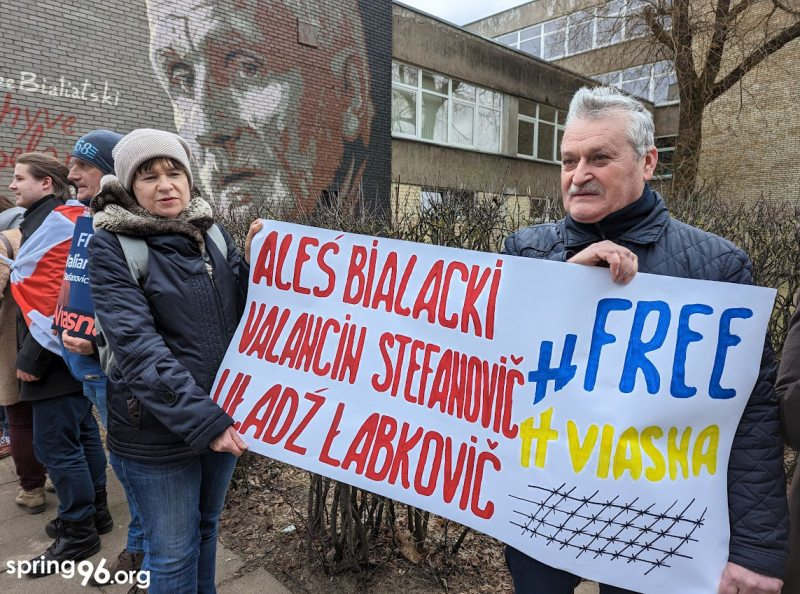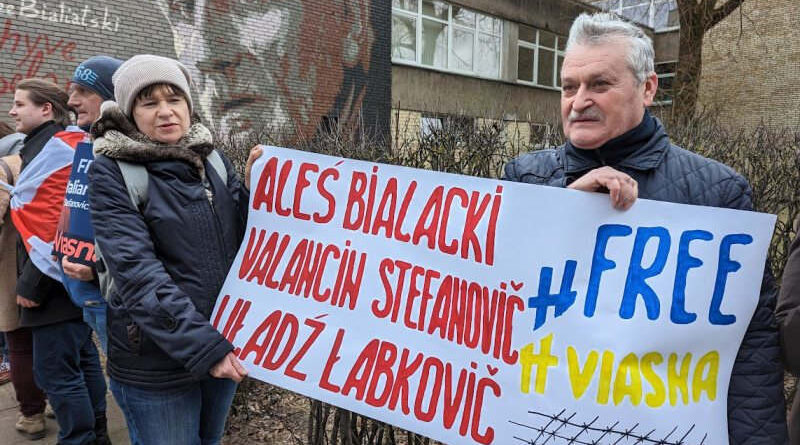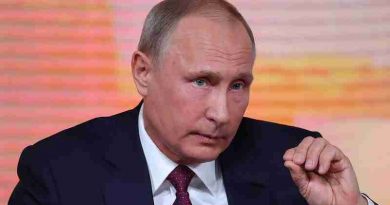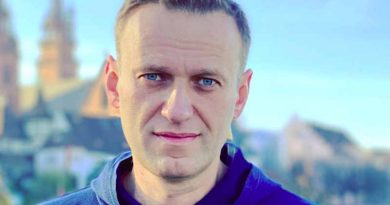Helsinki Dialogue on Democratic Future for Belarus

Helsinki Dialogue on Democratic Future for Belarus
The resolutions passed by the Assembly were a sign of the solidarity and commitment of Council of Europe countries to help Belarusians seeking freedom, justice and dignity.
Leading representatives of democratic forces from Belarus as well as members of civil society and journalists joined with parliamentarians from across Europe in Helsinki on 11-12 January 2024 for discussions on building a democratic future for Belarus.
The “Helsinki Dialogue” event, jointly organized by the Parliamentary Assembly of the Council of Europe (PACE) and the Parliament of Finland, featured six panel discussions on the current geopolitical context around Belarus, Belarusian national identity, political prisoners, strengthening support for democratic forces in the country, electoral matters and the creation of a representative body of the Belarusian people.
Opening the event, the leader of Belarus’s democratic forces Sviatlana Tsikhanouskaya said: “We want to build a Belarus with human rights, pluralism of political opinions, rule of law and diversity – these are values that underpin modern democratic states like Finland, and are core principles of the Council of Europe.” She thanked the Council and PACE for their support, adding: “It’s more than just a gesture of friendship. It’s a lifeline.”
Finnish Foreign Minister Elina Valtonen paid tribute to the courage of those working for a democratic Belarus, reiterated Finland’s support for the people of Belarus, and strongly condemned the Belarusian authorities for their ongoing repression and participation in Russia’s aggression against Ukraine.
She commended the Council of Europe’s active role in supporting democratic change in the country: “What happens in Belarus is important for Finland and the EU – and for humanity as a whole. The Belarusian people have clearly shown their will, and have the right to determine their own future.”
The head of the Finnish delegation to PACE and rapporteur on “A democratic future for Belarus” Kimmo Kiljunen (Finland, SOC) evoked “the spirit of Helsinki” in his opening remarks, noting that Ms Tsikhanouskaya and other representatives of Belarus democratic forces should not be sitting in Helsinki, but in Minsk.
“We would like to create the conditions where Belarus is eligible to become a member of the Council of Europe,” he said. “But it’s your process, Belarusians. We are not writing a report about a country, but with the people of the country. We are doing this together.”
Mr Kiljunen’s report is due to be debated by the Assembly on 25 January during its forthcoming winter plenary session in Strasbourg.
PACE Secretary General Despina Chatzivassiliou-Tsovilis pointed out that while Lukashenko’s actions had led the Assembly to suspend its relations with Belarus, “the people of Belarus are not the regime”.
The resolutions passed by the Assembly were a sign of the solidarity and commitment of Council of Europe countries to help Belarusians seeking freedom, justice and dignity.
She drew attention to key proposals in Mr Kiljunen’s report which, if adopted by the Assembly, would mean a representative delegation of Belarusian democratic forces could play an active role in its work, and the appointment of a general rapporteur for a democratic Belarus.
Speaking later in the panel on Belarusian national identity, Paul Galles (Luxembourg, EPP/CD), the Assembly’s rapporteur on the challenges faced by Belarusians in exile, said: “Belarus is probably the only country in the world which denies its own national identity. Happily, one of the important consequences of the struggle for democracy after the rigged elections of 2020 has been the revival of Belarusian identity.”
Mr Galles also announced the publication of a Belarusian version of the Assembly’s resolution on “Addressing the specific challenges faced by Belarusians in exile”.






